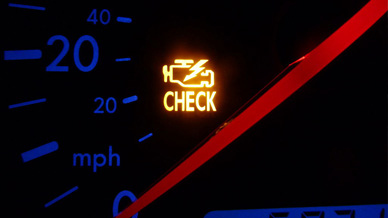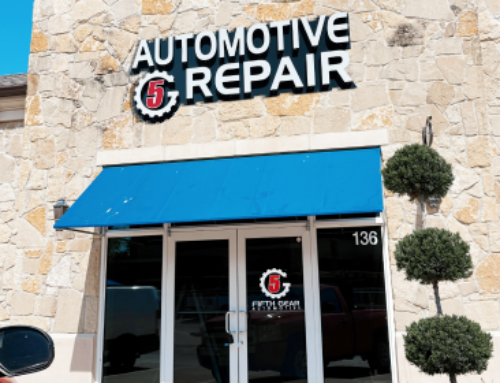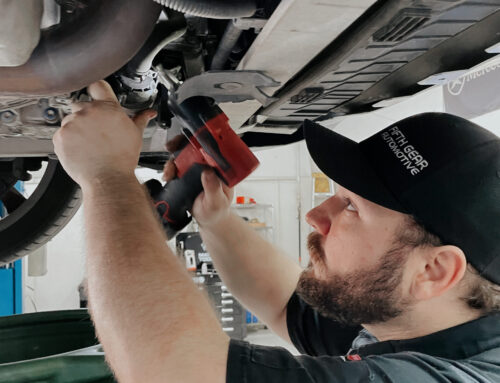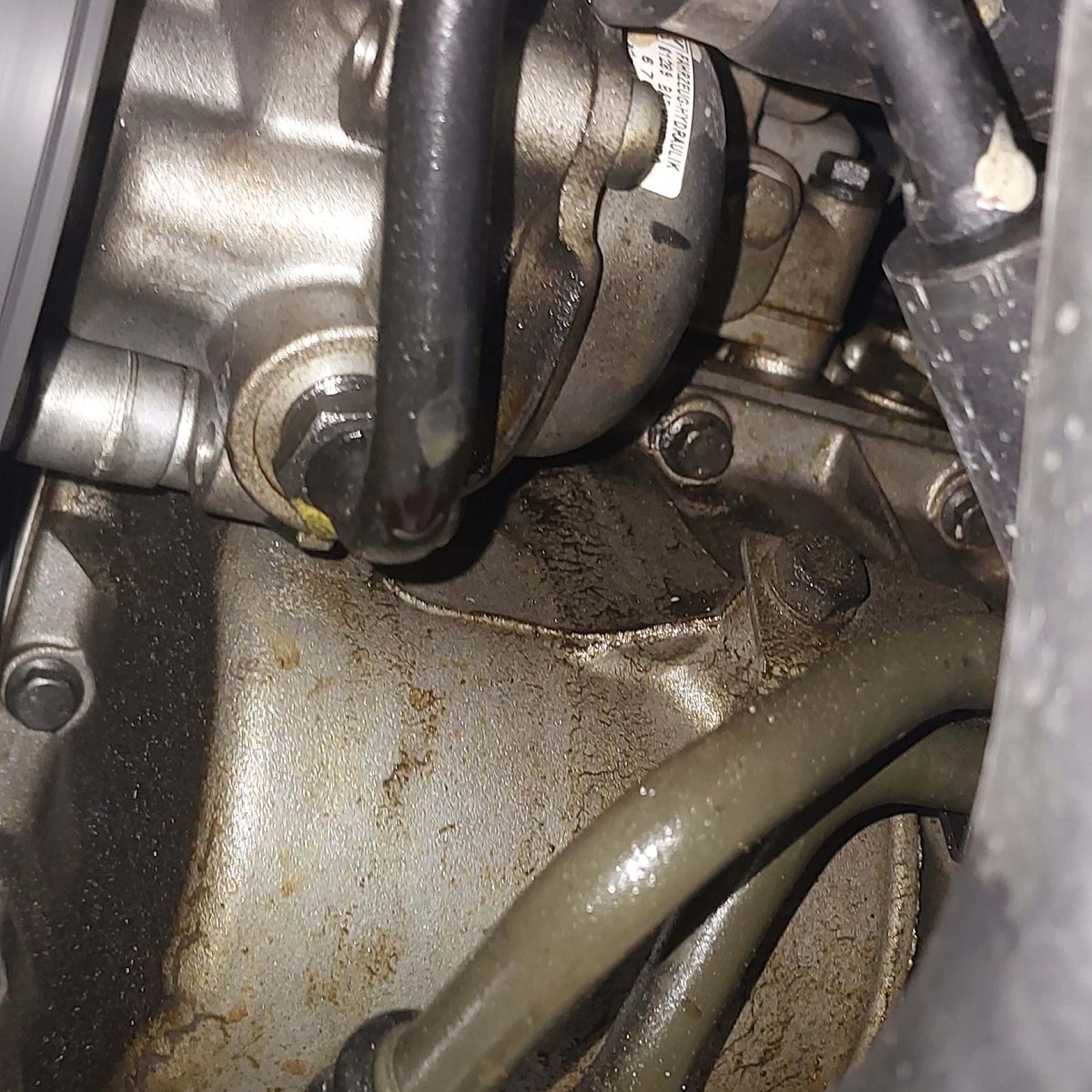4 Preventative Maintenance Tips
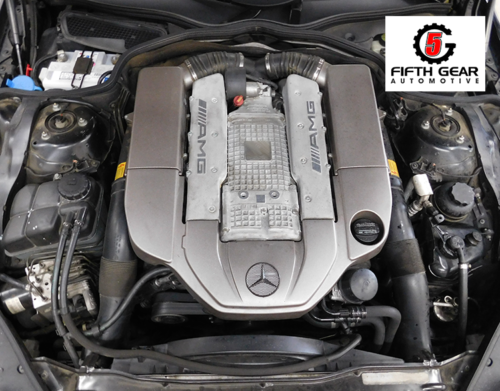
Your car’s engine is its beating heart; if it isn’t functioning properly, you can be sure that you won’t be moving anytime soon. Maintaining your engine properly also prevents overheating while you’re driving and cuts out at intersections. When it comes to your car and the safety of those within, a poorly running engine is a serious safety concern.
Although the engine appears to be one large automotive part, it actually consists of a number of smaller parts that work together to generate and transport energy throughout your vehicle. To avoid future issues and financial drains on your car, Fifth Gear Automotive advises routine engine maintenance.
1. Keeping it Clean:
Your vehicle’s engine performs numerous tasks. It’s crucial to keep your engine free of debris, dust, and filth since without it, your automobile wouldn’t move very far at all. Filters can clog up with time, dirt and leaves can blow under the hood, and insects can get inside your car. Your engine’s grease can trap heat, which makes it harder for it to cool down effectively. If necessary, your mechanic will use or suggest a degreaser to thoroughly clean your engine’s exterior. To clear the area around the casing of dirt and dust, a vacuum tool can be utilized. Thankfully, the design of your engine keeps the majority of the junk that enters your car away from the functional parts of your engine. Call your mechanic as soon as you hear or smell anything strange coming from your engine compartment, though.
2. Spark Plug Service:
Your spark plug needs to be cleaned sometimes to keep debris out of the combustion chamber. Your mechanic will do these steps by removing the plug lead, cleaning the area surrounding it, removing the plug, and using a specific cleaner and brush to remove any buildup, dirt, or dust. Even though this task is so minor, it has a significant impact on the engine’s overall performance.
3. Proper Lubrication:
Because an engine has so many moving parts, it’s essential that it’s always properly lubricated. In any other case, the friction brought on by numerous of these moving parts will start to rub and grind, harming the object. Sometimes, this damage is permanent, necessitating the replacement of one or more components before your engine can run correctly once again.
To prevent friction and harm to your car, your mechanic will make sure that your crankshaft, piston rings, and cylinder walls are all correctly lubricated. Additionally, now is a good time for your mechanic to check seals in specific engine components to ensure that everything is fitting together properly for a smooth ride.
4. Oil Change:
Even though it’s a straightforward process, many people put it off until it’s too late. Your vehicle’s engine and overall performance can both be greatly improved by getting an oil change. Your engine won’t benefit from its lubricating system as much if your oil is foggy, murky, or sticky over time. To keep your car in peak shape and make sure your engine is getting the most out of the oil it uses, you should check and change your oil once every six months or 10,000 miles. Not sure if your oil needs to be changed? Get an oil check by calling Fifth Gear Automotive right away!
The best course of action if you spot a problem with your engine is to schedule a visit with your mechanic/technician. An engine issue will start to inflict more damage the longer it is left unfixed. What should have been a straightforward fix may now need the replacement of numerous different parts and components.

